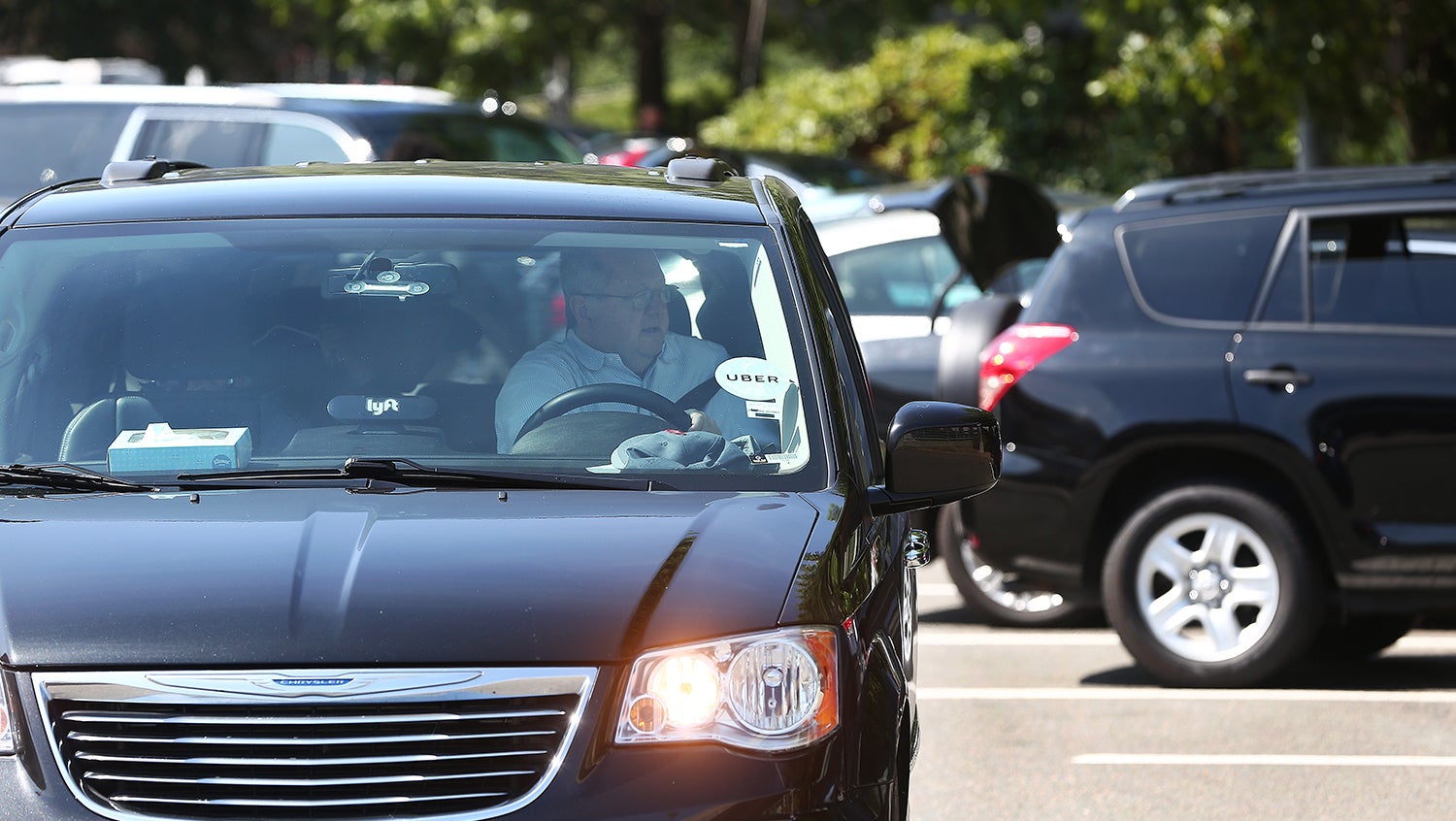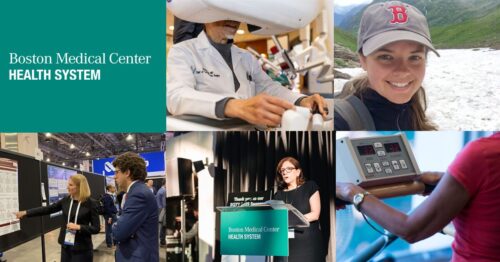Subsidized Non-Emergent Medical Transportation as a Step Toward Health Equity
June 22, 2020

Getty Images
Evidence from pilot programs suggest Uber Health could help improve inequitable outcomes and save on costs associated with transportation-insecure patients.
Access to affordable and reliable transportation is essential to healthcare. Individuals lacking transportation access are more likely to delay preventive care and miss medical appointments, contributing to decompensation of medical conditions and poorer health outcomes. COVID-19 has and continues to exacerbate inequities in healthcare access. For example, public transportation — upon which low-income individuals and urban residents heavily rely — presents greater opportunities for disease transmission. Consequently, service times have been restricted, and public health experts have advised against travelling by public transit, particularly for individuals with preexisting health conditions, the immunocompromised, and the elderly.
For those who rely on public transit, or who lack access to a personal vehicle or the funds to purchase gasoline, transportation may now be virtually inaccessible. As such, the number of transportation-insecure patients in our health system is expected to rise in the coming months. And while the Commonwealth of Massachusetts offers options for non-emergent medical transportation to low-income individuals, the need for these services continues to outweigh demand.
As healthcare facilities move from COVID-19 response to COVID-19 resiliency and begin opening ambulatory clinics, proactive solutions that facilitate equitable access to care for all patients are urgently needed. Solutions are particularly relevant as reopening coincides with increased national attention and overdue outrage at the systemic inequities that plague our nation in every domain, healthcare being no exception. Combatting racial and socioeconomic health inequities is the responsibility of each hospital and health system. In this moment, healthcare professionals are presented with the opportunity to apply our experience and expertise to combat these systems of injustice.
Now more than ever, it is vital that safe, reliable, and affordable transportation options be identified and offered to individuals seeking medical care. A look at recent pilot programs may offer promise as hospitals and health systems chart a course forward into a “new normal.”
Securing rides and ROI: Uber Health case studies
Over the past several years, Boston Medical Center Health System has piloted the use of Uber Health for patients experiencing transportation insecurity and requiring non-emergent medical transportation. Uber Health is a healthcare-directed, HIPAA-compliant version of the popular Uber rideshare platform that enables healthcare providers to order, track, and fund rides for their patients, ensuring reliable transportation to healthcare appointments. Soon after launching this service for patients, providers and mission-oriented leaders at Boston Medical Center (BMC) decided to evaluate Uber Health’s ability to produce a return on investment for rides covered by the health system.
The first of three Uber Health pilots was launched in 2017 by the BMC Refugee Women’s Health Clinic, where over 50% of patients endorsed transportation as a major barrier to care. In the initial pilot, implementation of Uber services decreased no-show rates, improved patient satisfaction, and generated $30,337 in medical billing in return for $2,033 spent on Uber rides. Since the conclusion of the pilot, the clinic has secured funding to continue providing rides to patients experiencing transportation insecurity, a testament to the effectiveness of the intervention.
Read more: Uber Health Decreases No-Shows in Clinic for Refugee Women »
Building on the success of this first pilot, a similar project was launched in BMC’s Pediatric Hematology Clinic for patients with sickle cell disease experiencing transportation insecurity. Sickle cell disease is a chronic disease necessitating frequent healthcare appointments. For this pilot, the intervention was slightly modified so that parents and guardians of pediatric patients with sickle cell disease were offered access to Uber Health rides to their children’s medical appointments. The implementation yielded similar results: decreased no show rates, increased parent and patient satisfaction, and demonstrated cost effectiveness ($40,262 in medical billing generated from an intervention that cost $2,175). The Pediatric Hematology Clinic continues to offer rides to families experiencing transportation insecurity.
Learn more: Our Sickle Cell Clinic Was Struggling With No-Shows. So We Called an Uber »
A third pilot of the Uber Health intervention recently concluded in the SOFAR (Supporting Our Families through Addiction and Recovery) clinic, a medical home in pediatric primary care for parents in substance use recovery and their children. This pilot corroborated that the provision of reliable and affordable transportation promotes patient adherence to medical appointments, thus enabling better care and facilitating opportunities for disease monitoring, management, and early intervention. The intervention cost $1,945 and generated $55,658 in medical billing.
As of this writing, a fourth pilot is preparing to launch in the hospital’s Teen and Tot Clinic, a specialized program focused on adolescent pregnancy and parenting. As the COVID-19 pandemic continues, teen moms needing prenatal care report significant transportation barriers to attending their appointments, which cannot be delayed despite the ongoing public health crisis. Results from this pilot will help the health system further understand the impact of transportation on healthcare access.
Applying insight for broader patient impact
When evaluating interventions that improve access, healthcare leadership must remember that the influence of a health system often expands beyond the doors of the hospital. For example, the BMC Health System works with its joint venture accountable care organization (ACO) partners across the state — Boston Accountable Care Organization, Mercy Medical Center, Signature Healthcare, and Southcoast — to care for roughly 20% of MassHealth ACO patients. As a system, the success of BMC’s mission and business strategy is closely tied to partners across the region, as the system is accountable for the care across its network. Outside of Boston, clinics and hospitals are farther from patients’ homes and there is little public transportation infrastructure. Patients served by our joint venture partners may likely face transportation barriers even greater than patients served directly by BMC.
Because many patients have delayed medical appointments as a result of COVID-19 concerns, it is vital that all patients have access to care as ambulatory clinics reopen. At our hospital, Uber Health has shown to be a low-cost intervention that helps promote equitable access to healthcare, with the dual benefit of ensuring care for less advantaged patients while providing cost efficiency to the hospital. We hope to continue to expand our Uber Health partnership across our hospital, ACO, and to our partners across the state, offering patients access to safe and reliable transportation, and applying the lessons we learned locally through our Uber Health pilots to benefit our broader health system.


